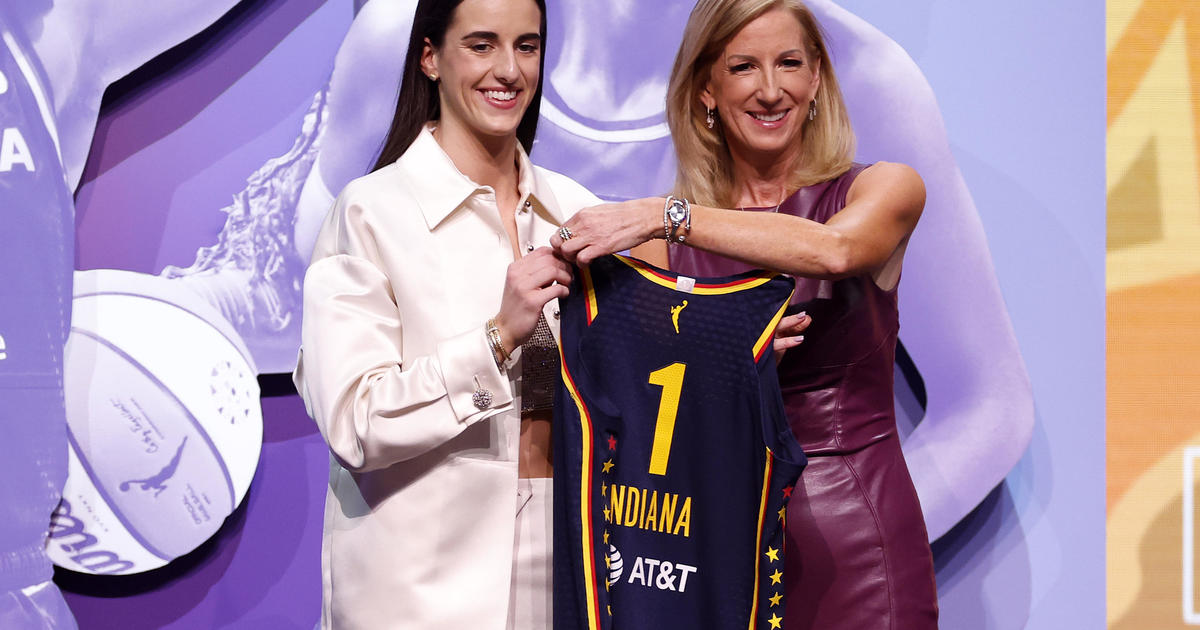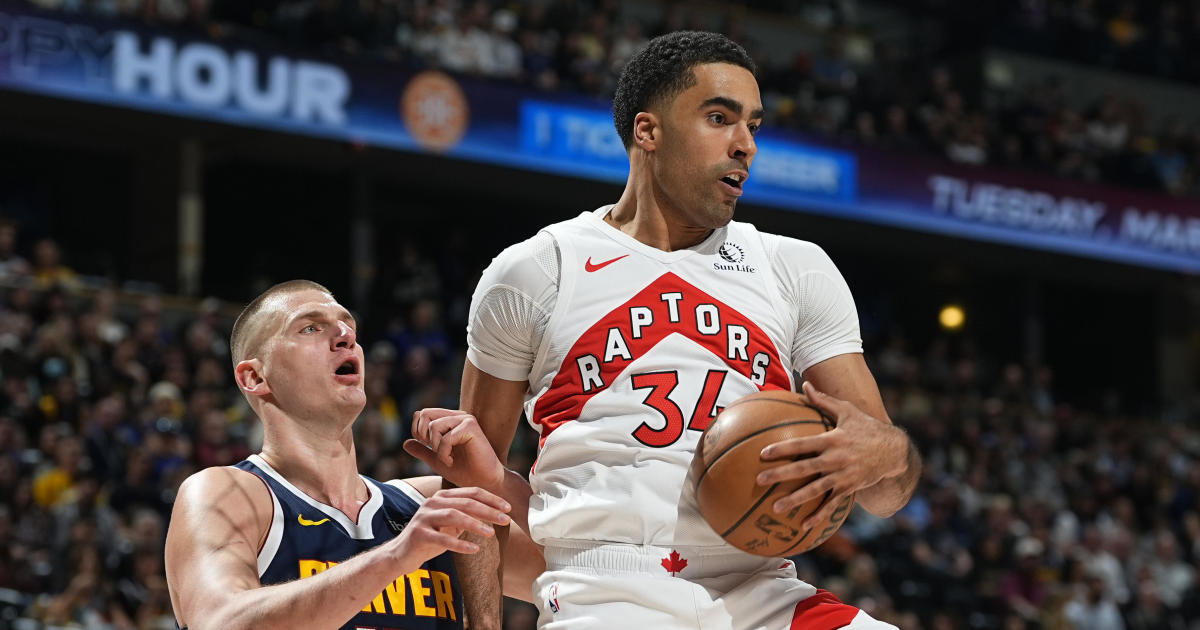March Madness canceled as coronavirus claims another sports event
The NCAA has canceled college basketball's annual March Madness tournament because of the rapidly spreading coronavirus.
The organization, which oversees the competition, made the decision Thursday after saying earlier this week that games would be played with limited people in attendance. The NCAA said the "decision is based on the evolving COVID-19 public health threat [and] our ability to ensure the events do not contribute to spread of the pandemic." COVID-19 is the potentially lethal disease caused by the virus.
The move will cost the cities that were hosting the tournament tens of millions in tourism dollars. The decision, which extends to the women's basketball tournament, comes just hours after professional sports league Major League Soccer and the National Hockey League have canceled their seasons.
The NBA and MLB have postponed games in their leagues indefinitely.
March Madness, which was slated to begin Sunday, has become a major stage for college basketball players to showcase their skills. Performances during the tournament have helped catapult some of today's professional players to stardom. Winners of the tournament are often scouted by NBA teams.
"Decisions by other entities" played a role in canceling March Madness, the NCAA said, hinting at how many conferences have canceled their respective tournaments.
Officials with the ACC, Big Ten, Big 12, SEC and Pac-12 have canceled their games. Winning teams from those tournaments would have been invited to participate in March Madness.
"This is uncharted territory and the health and safety of our student-athletes and institutions remains our top priority," ACC Commissioner John Swofford said in a statement Thursday.
Big Ten Commissioner Kevin Warren said the organization has a responsibility to make sure student-athletes remain healthy.
During the tournament, thousands of fans were expected to travel by car, bus and plane and fill up some of the largest public venues in Los Angeles, New York City, Cleveland, St. Louis and 10 other cities hosting rounds of games in the 64-team tournament.
March Madness super fan Don Casturo said he is disappointed there will be no tournament because there was high potential for an upset from a lesser-known basketball school.
"There were some secondary schools – like Baylor and San Diego State – who would face Duke and Michigan State and they had a chance," said Casturo of Pittsburgh. "It was a wide-open tournament."
Casturo said the decision is sad, especially for "those seniors who will never get to experience this again. It'll be over for them. That's lost forever."
Atlanta had been scheduled to host the championship game, the first time the city has done so since 2013. Atlanta officials estimated the NCAA tournament seven years ago generated $70 million in economic activity. Houston, which will host a regional round of games this year, hosted the championship game in 2016 and raked in about $250 million in visitor spending and related economic benefits, city officials reported.
Such economic activity stems from the surge of spending that comes from an influx of college students, players, coaching staff, family members and other fans. Aside from tickets to the game, which cost between $90 and $250 each, there are concerts and fan festivals tied to the tournament.




